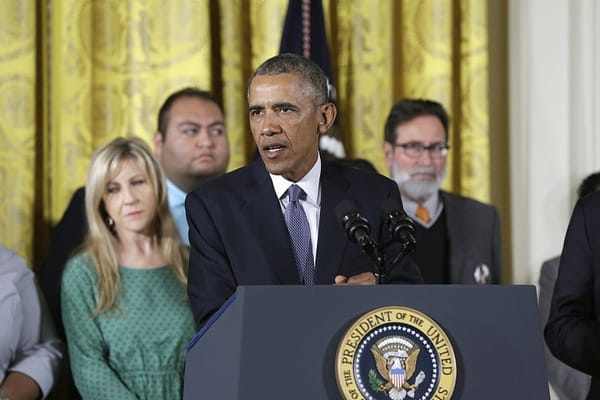Choice and coercion

In a typical election year, a maximum of a half-dozen referendum questions are presented to voters on Election Day. In the past year, as many as 22 propositions had a chance to make the cut for an upcoming Massachusetts election cycle. Still, only six ballot questions, along with a single state constitutional amendment, tallied enough certified voter signatures to move forward. Assuming they clear some additional hurdles, initiatives facing voters in 2016 will include increasing the number of Charter Schools, legalizing "recreational" marijuana use, and repealing Common Core. Targeted for the 2018 ballot is a constitutional amendment to levy a surtax on million dollar incomes, but the goal of amending the state constitution requires a far more rigorous process.
When that November 2018 election comes around, the citizens of Massachusetts will miss the opportunity to vote on one other constitutional measure: one that would have allowed for the possibility of modifying or ending taxpayer funding of abortion. Sponsored by the Massachusetts Alliance to Stop Public Funding of Abortion, the draft amendment stated: "No provision of this constitution shall be construed as requiring the public funding of abortion." The amendment did not require the legislature to stop funding abortion. It simply made the funding of abortion subject to the normal democratic process.

